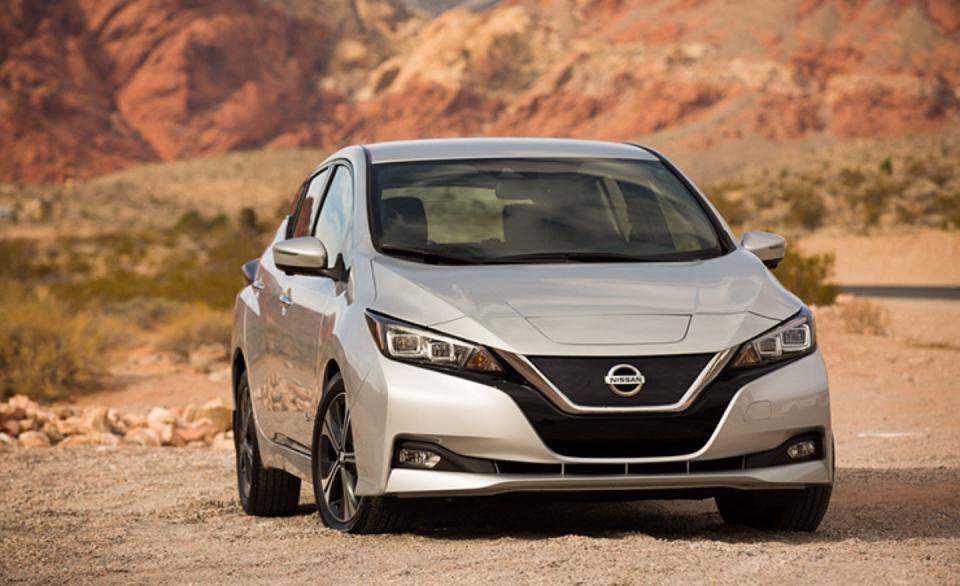Colorado Aligns with California on Path toward More Electric-Vehicle Sales

As Volkswagen’s I.D. R Pikes Peak race car demonstrated last weekend, electric cars make a lot of sense in the thin air of Rocky Mountain heights. The all-electric race car’s win at the famous Pikes Peak International Hill Climb ended up being a fortuitous bookend to a week that included a bold move from the state regarding electric vehicles.
With an executive order from Governor John Hickenlooper, Colorado last week moved to join 13 other states that have enacted Section 177, which allows those states to adopt California’s rules for air emissions. The reasoning? The Golden State’s agency, the California Air Resources Board (CARB), predates the U.S. EPA. These states join Connecticut, Delaware, Maine, Maryland, Massachusetts, New Jersey, New Mexico, New York, Oregon, Pennsylvania, Rhode Island, Vermont, and Washington in following CARB’s direction.

The move follows a comprehensive plan released in January that aims to put up to a million electric vehicles on the state’s roads by 2030, spurred by investments in charging infrastructure. It aligns the state to a path more like that of Washington, Delaware, and Pennsylvania in enacting California’s Low Emission Vehicle (LEV) program encouraging cleaner vehicles and tightening standards for emissions systems but not-for now-the ZEV program that mandates electric vehicles. Without a mandate, Colorado already ranks eighth in terms of EV sales.
According to the Auto Alliance, just 0.3 percent of registered vehicles in the state (through calendar year 2016) and just under 1.5 percent of 2016 sales were electric vehicles or plug-in hybrids. Colorado light-vehicle sales are small, with 287,439 sold overall in 2016; in California, by comparison, vehicle sales amounted to two million units in 2016, of which nearly 5 percent were plug-in hybrids or electric vehicles.
Texas recently brought back its electric-vehicle rebate-$2500 for plug-in hybrids, electric vehicles, or fuel-cell vehicles-and funded it for 2000 such rebates, which may also be applied to leases. When they combine that with the federal $7500 EV tax credit, Texas vehicle buyers may be effectively getting $10,000 off the sticker price of plug-in vehicles or some of the bargain leases that those in California have been enjoying for several years. Delaware also just this month extended a $1000-to-$3500 rebate program through the end of 2019.
Last month, California, 16 other states, and the District of Columbia together sued the federal government over its plans to relax and revamp federal clean-car standards that would require automakers to make significant gains in their greenhouse-gas emissions and fuel efficiency through 2025. The Environmental Protection Agency, meanwhile, is widely expected to challenge California’s waiver and attempt to realign California-and thus all of the states that follow its emissions rules-under one single (likely weakened) federal standard. Even at a point when most global automakers funnel vast sums of money toward global electric-vehicle development and think of EVs as a foregone conclusion, you can be sure some sparks are going to fly between Sacramento and Washington, D.C.
You Might Also Like

 Yahoo Autos
Yahoo Autos 